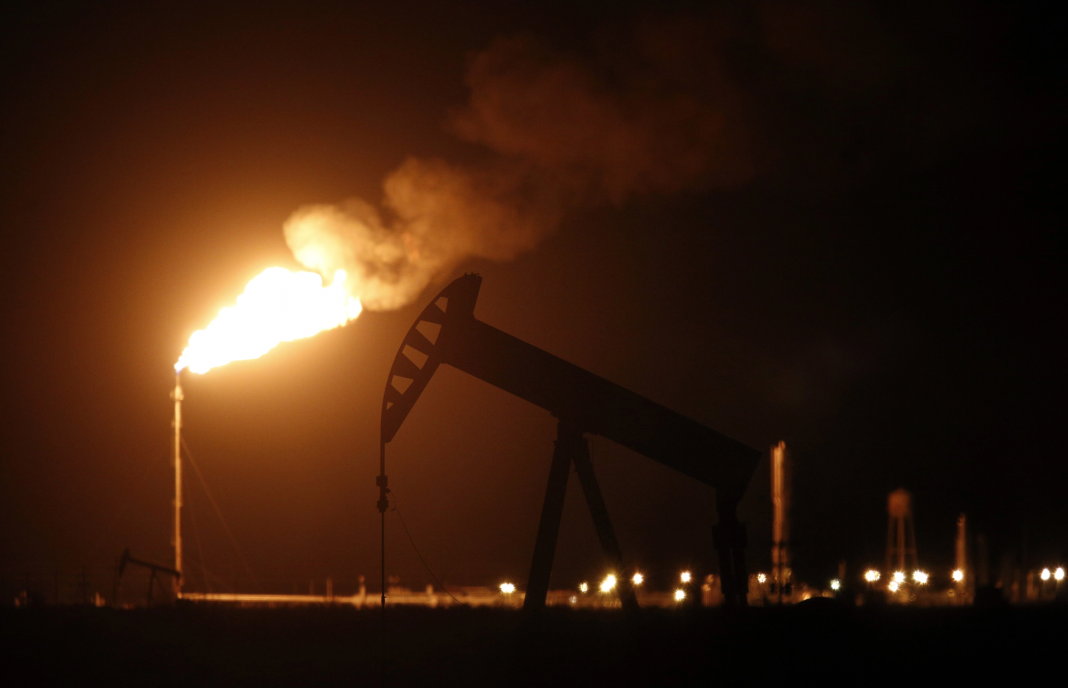- As fighting in Libya encroaches on the capital, the risk of new oil-supply outages from the OPEC member has risen. The country has been in disarray since Muammar Qaddafi, its head of state, was removed from office and killed in 2011. Oil output surged in recent months as a fragile peace took hold, but the latest battles are a reminder that reliable crude flows require a political solution to end eight years of strife.
- 1. Why has fighting erupted again?
- Warlord Khalifa Haftar, who has used control over oil ports to exert political pressure, has moved his self-styled Libyan National Army west toward Tripoli, the base of the United Nations-backed, internationally recognized government of Prime Minister Fayez al-Sarraj. Having solidified control in eastern Libya and swept through the south in January, Haftar’s forces, backed by Russia, Egypt and the United Arab Emirates, launched a surprise assault on Tripoli on April 3 to purge what he labels terrorist groups. Clashes including air strikes have killed dozens of people, prompting appeals by U.S. Secretary of State Michael Pompeo and others to halt the offensive. The U.S. Africa Command said it would withdraw troops from Libya due to security conditions.
- 2. Could Haftar take the capital?
- It’s too early to say. Resistance to Haftar runs deep in Tripoli; militias there are larger and better organized than in the south, and the capital is home to most state institutions that support the UN-backed government. Haftar’s ragtag forces are better organized than rivals and easily took over the south, including the biggest oilfield Sharara, through negotiations rather than fighting. “At the moment it’s too early to come to any firm conclusion, and ultimately fighting could drag for weeks,” said Mohammad Darwazah, a director at Medley Global Advisors. A battle for control of Tripoli could lead to some of the bloodiest fighting since the 2011 civil war. Even Haftar’s foreign supporters have expressed public concern about the latest violence.
- 3. What would a Haftar victory mean?
- Probably a unified Libya under his rule. Haftar already controls not just the nation’s strongest military force but more than one million barrels of oil production a day — the source of most of the country’s income. About 50 kilometers (31 miles) west of Tripoli is Zawiya, home to a major refinery and oil-export terminal. If Haftar took charge there, he would virtually control Libya’s oil industry, and he could deliver gains to his supporters in the east who hold the view that too much wealth is concentrated, and squandered, in the west.
- 4. Have oil exports been affected?
- Major oilfields and export terminals are far from the clashes. But history shows that fighting anywhere in Libya can cause dramatic swings in output. In June 2018, Libya’s crude shipments were suspended for weeks after Haftar captured two export terminals in eastern Libya from the Tripoli-based National Oil Corp. and transferred them to a rival oil authority. Exports dropped by 800,000 barrels a day and Libya lost almost $1 billion before he handed the terminals back. Foreign buyers have so far refused to deal with the eastern company and only purchase oil from the Tripoli NOC.













